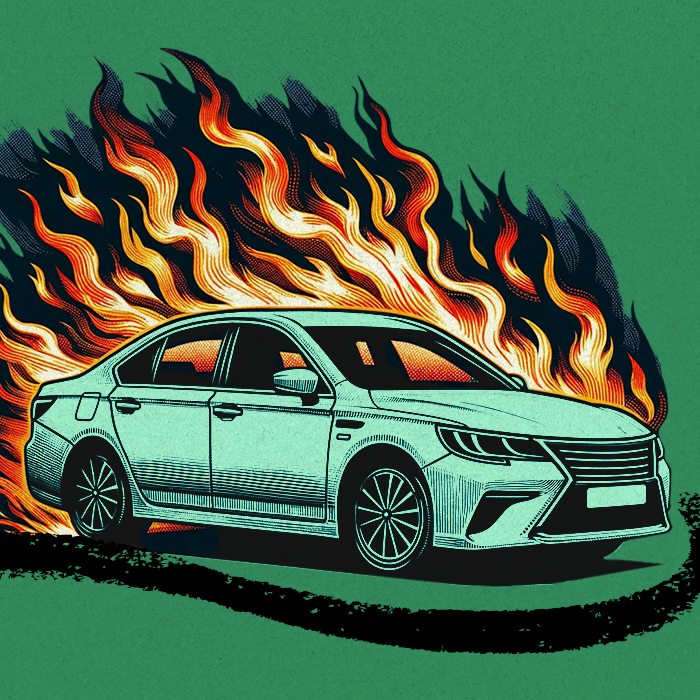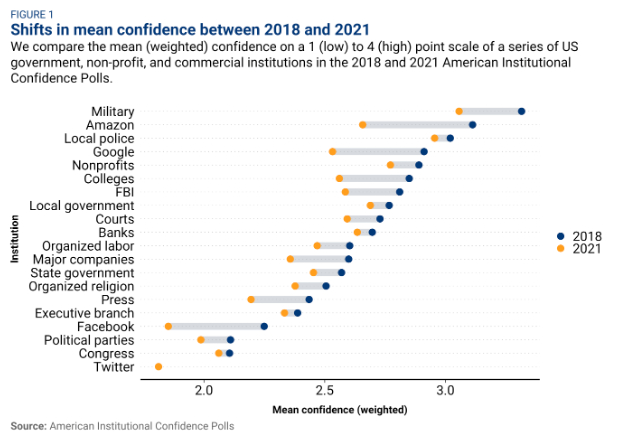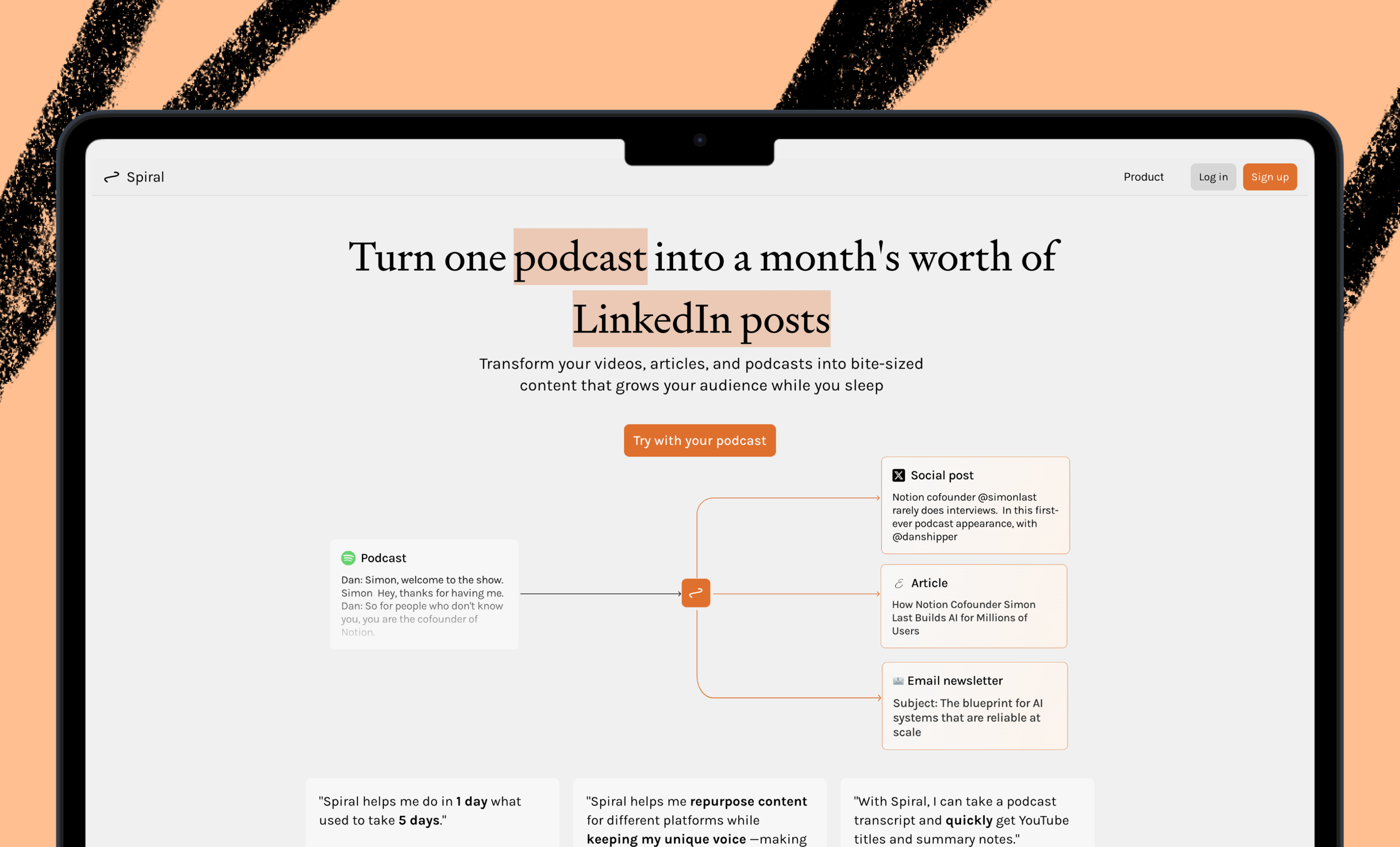
If you would prefer to listen to this essay, you can do so on Spotify. My uniquely grating voice pairs perfectly with a morning commute. —Evan
Last weekend, a crowd of revelers in San Francisco’s Chinatown burned an autonomous vehicle from Waymo down to its frame. Source: X
Let’s ignore that this is, like, a crime. And let’s also ignore that destroying cars is a proud American tradition—one practiced by my fellow Bostonians, whether our teams win or lose.
What I would like to call attention to is the misunderstanding that this event begat. Some in tech struggled to empathize with why people were upset. In the opposing corner, on Twitter and in private conversations with me, others expressed a gleeful sentiment about the car’s destruction, with some people unable to grok the humanity-advancing technology these cars represent.
This single incident of arson is a broader signal for what has gone wrong with how the technology industry manages its public perception in America.
During the boom years of the 2010s, when Facebook was uniting the world during events like the Arab Spring and people were generally optimistic that the new internet companies would make the world better, polling indicated that the average American loved tech. People had more confidence in Amazon than the press, college, non-profits, the FBI, or organized religion. The popular media embraced nearly everything we did under a halo of goodwill and good faith.
Starting with Donald Trump’s election and shifting dramatically during the pandemic, the general public started to turn against the tech industry.
Source: Brookings.Tech is now the fifth least-trusted industry in the United States, only narrowly edged out by banks and healthcare insurance. It is a bad sign when the industry responsible for the majority of the U.S.’s GDP growth is in the same sentence as the companies running our mortgages. People not only distrust tech, they actively dislike it and see it as harmful.
The industry of the future has lost the trust of the present, for reasons that are hard to pin down. Maybe it was the fraud perpetrated by Theranos, the concerns about Facebook’s role in the 2016 election, the misinformation on Twitter during Covid, the stupidity of WeWork’s existence, or the monopolistic practices of Apple, Google, and Amazon. When referring to something as nebulous as “confidence” in a country as diverse as America, there will be no singular cause for its downward slide.
And really, it doesn’t matter whether you believe that shift was wrought by our own hubris or by the mainstream media writing unfair hit pieces; what matters is that this is reality. This is a problem.
It means that many startups have to justify their existence not by explaining why they’ll make the world better, but by actively showing they won’t make the world worse. Take, for example, the Browser Company, which recently released a new take on web browsing with AI. The product uses AI to compile information from a bunch of websites into one location for you, automating away the need to click around to different sites.
Almost instantly, the issue raised wasn’t how this was better than the status quo, but how “there’s reason to worry.” While it’s important to consider how AI will change the economics of online content production, it’s premature to put all that concern on a small startup—and it certainly wasn’t a question that the company would’ve had to deal with years ago.
Negative consumer sentiment becomes a compounding entropy feedback loop, feeding dumb regulation, gotcha headlines, and resentment. And from a purely capitalist perspective, it makes it harder for these companies to grow.
Transportation in Silicon Valley is the perfect case study on how the tech industry has gone awry.
Ideas and Apps to
Thrive in the AI Age
The essential toolkit for those shaping the future
"This might be the best value you
can get from an AI subscription."
- Jay S.
Join 100,000+ leaders, builders, and innovators

Email address
Already have an account? Sign in
What is included in a subscription?
Daily insights from AI pioneers + early access to powerful AI tools










Comments
Don't have an account? Sign up!
Well, son, a lot has changed since 2010. Quintupling your net worth (in some cases) at the expense of US might have something to do with it. For one, I don't think the criminati denizens of the Barbary Coast even gave a rat's patoot whether the vehicle was autonomous or not. If you asked 20 synapse-less San Frannies to use WayMo in a sentence, you'd be giving them "way-mo" credit than they deserve. Hell, they probably couldn't spell "autonomous" if you spotted them the "autonomous." What probably happened was a vehicle was moseying by with no one on board. In today's post-accountability world, that was good enough to immolate the eff out of it. I wouldn't give the crowd any more credit than that.
It seems odd to frame this around the idea that it’s some kind of inconvenience that people no longer blindly accept that tech companies are working for the betterment of society, because they have proven that in many instances, they aren’t. Research has even shown that the idea that FB was a critical, positive tool during the Arab Spring was a false perception. The tech industry was given the benefit of the doubt, and having shown that they don’t deserve it, people are asking questions. Jon Stewart said it best in his recent return to The Daily Show: it is not the public’s job to stop having concerns and asking questions, it is the job of the people asking for the public’s support to assuage those fears and answer those questions. Bemoaning that lack of public goodwill towards tech seems like a strange position to hold.
@pn Good feedback! I would argue that companies should front run those questions and clearly discuss the risk, while strenuously making the case for the future. You could believe (and I would probably agree with you) that tech companies shouldn't of had such a hall pass in the 2010s, however, in the backlash we've gone too negative while companies have simultaneously not updated their corporate comms.